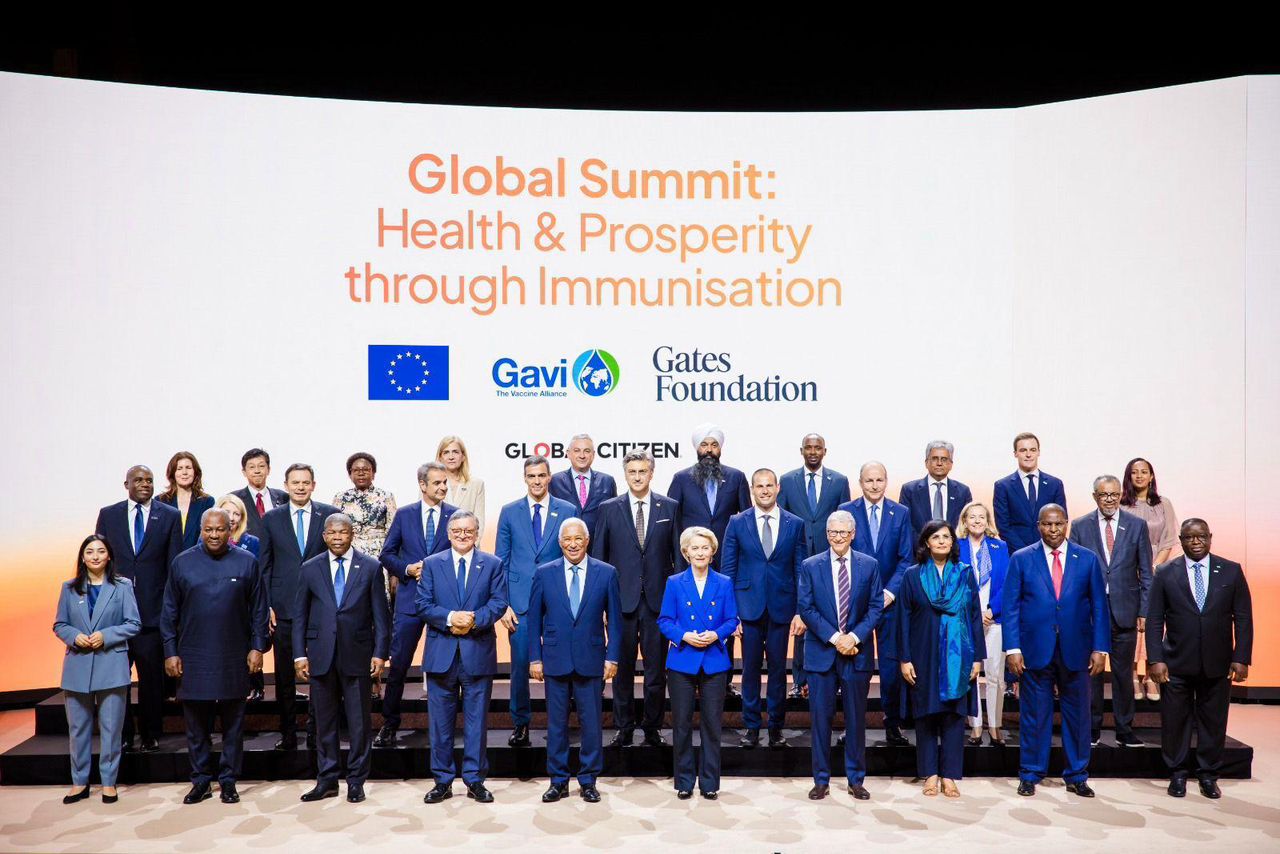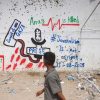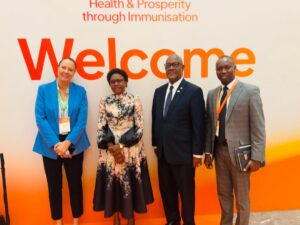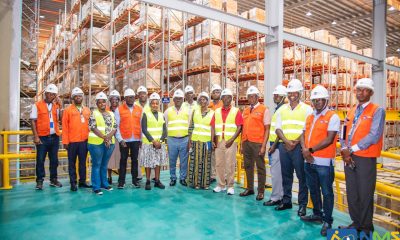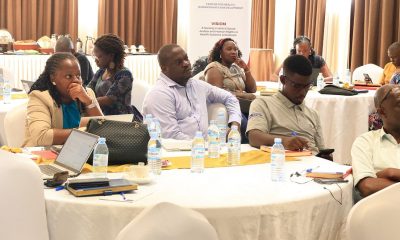Health
Uganda Lauds Gavi Partnership, Calls for Continued Support to Immunise Every Child
Minister of Health Dr Jane Ruth Aceng this week delivered a powerful address at the Gavi Replenishment Meeting, highlighting the transformative impact of the Vaccine Alliance on the nation’s health landscape and urging international partners to deepen their commitment to global immunisation efforts. The Minister’s remarks celebrated significant strides in child survival rates and vaccine accessibility, while emphasising the critical need for sustained funding and a focus on country ownership and local vaccine manufacturing.
“This Summit provides us with a platform to take stock of what we have achieved, and commit to taking our immunisation programs to further heights,” the Minister stated. “The full replenishment of Gavi, the Vaccine Alliance, will be a critical enabler to us achieving greater results, harnessing innovations that will reach all children with life-saving vaccines.”
Since 2002, Gavi has disbursed over USD 1 billion in support to Uganda, a partnership that has enabled the expansion of the country’s immunisation schedule from 6 to 14 life-saving antigens. This expansion, coupled with Uganda’s commitment to free immunisation services at both static and outreach points, has driven remarkable improvements in public health.
The Minister proudly reported a consistent DPT3 coverage of over 90% and a dramatic decline in child mortality rates. “For the past two decades, we have witnessed a significant decline in the under-5 mortality, from 151 to 52 per 1,000, while infant mortality dropped from 88 to 36 per 1,000 live births in the same period,” the Minister revealed, underscoring the tangible impact of these immunisation efforts.
Gavi’s support has also been instrumental in Uganda’s swift and effective responses to numerous epidemics, providing crucial vaccines and operational backing that have saved countless lives and protected the nation’s economy.
A landmark achievement highlighted in the address was Uganda’s launch of the largest malaria vaccine introduction to date in April 2025. This historic initiative targeted the most vulnerable communities in high and moderate-malaria transmission areas. To date, 307,904 children aged 6 to 18 months have already received the malaria vaccine, a monumental step expected to significantly reduce severe malaria cases and alleviate the financial burden on families.
Dr Aceng went ahead and outlined key lessons and universal elements that have underpinned Uganda’s success and are crucial for future health leaders globally:
- Strong Political Will and Commitment: The unwavering leadership of H.E. President Yoweri Kaguta Museveni in championing immunisation as a national priority, backed by increased domestic financing and policy support.
- Equity-Focused Delivery: Ensuring no child is left behind, particularly through vital outreach in hard-to-reach communities.
- Infrastructure Investments: Gavi’s support in procuring essential equipment like refrigerated vans, solar-powered fridges, and new vaccine stores significantly improves access and equity.
- Advocacy, Communication, and Social Mobilisation: The critical role of Community Health Extension Workers (CHEWs), Village Health Teams (VHTs), civil society organisations, and local councils in community engagement and dispelling misinformation.
- Data-Driven Decision-Making: Embracing digital tools and routine data use for targeted microplanning, real-time responses to coverage gaps, and efficient resource allocation.
She affirmed that Uganda is actively transitioning towards greater country ownership and sustainability in its immunisation programs. Through the Gavi co-financing model, domestic investments have progressively increased, demonstrating Uganda’s commitment to self-reliance.
Looking ahead, Uganda is prioritising program-based budgeting, innovative financing mechanisms, efficiency in health spending, strong partnerships, and empowering communities and subnational leadership.
A critical plea was also made regarding local vaccine manufacturing, with the Minister noting that “less than 1% of vaccines used on the continent are produced locally, leaving countries vulnerable to global supply disruptions.” This remains a key priority for Africa’s health security.
The Minister acknowledged that despite significant progress, challenges remain and the job is far from finished. “We urge the donors and partners to Gavi to deepen, not diminish, your support towards Gavi replenishment.” The message was clear, continued, robust support for Gavi is essential to ensure every child, everywhere, has access to life-saving vaccines.
Comments



